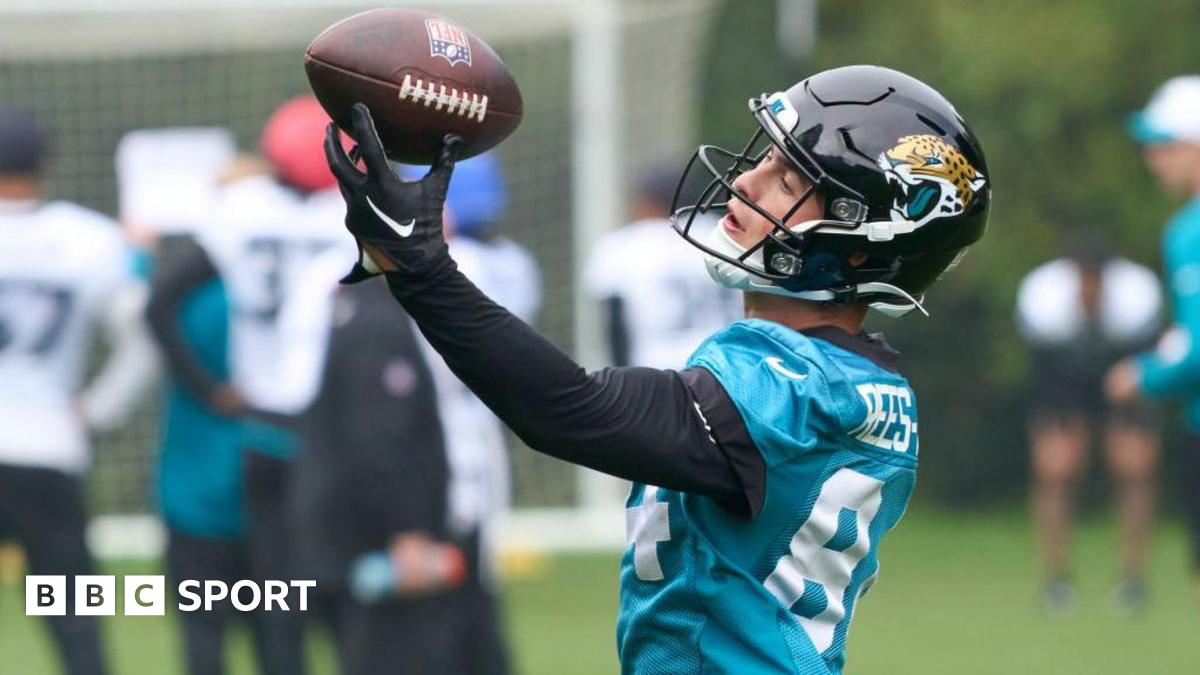AI’s All-Star Impact on American Sports

AI is clearly not taking things slow in the field of sports. It’s changing the face of American sports when it comes to playing a game, watching a game, competitions, sports advertising, storytelling, and so on.
With AI, American sports organizations will make better predictions by knowing more about the game, providing players with a competitive advantage, and catering to personalized fan engagement. Let’s discuss how all of these will work, shall we?
Accurate Prediction of Match Outcomes
The most discussed application of AI in sports is how it predicts better match results. Several college football lines already use AI algorithms to provide bettors with accurate odds and insights.
Given the information involved, AI is a valuable technology for forecasting which way matches will go. The machine learning algorithms analyze historical data, player statistics, and weather conditions among other relevant information to predict which team is more likely to win each game.
It is not only beneficial for fans and avid bettors but also for coaches or strategizers who can use this information to alter their strategies, make better decisions, and increase the probability of winning.
Raising Competition in Sports
AI can help take the spirit of competition in sports to new heights by giving teams and players a competitive edge. Advanced data analytics can help identify opponents’ strengths and weaknesses to develop strategies efficiently.
This includes real-time tactical advice to cloud-based predictive weather warnings!
Additionally, they can also benefit athletes by providing them with customized workout feedback and suggestions to maximize their results.
Based on this biometric data, AI can recommend specific types of fitness exercises or recovery methods such as ice baths, steam rooms, and saunas, and create nutritional plans written precisely to individual requirements.
The ability to perform this level of customization makes a pretty large difference for the serious athlete and will likely lead not just to competition, but higher levels of it.
Effect on Advertisers and Sports Businesses
The potential of AI for advertisers and sports companies is immense. AI could be applied to scan through massive databases of consumer behavior and preferences so marketers can zero in on what content fans will respond to positively.
For instance, fans could get customized highlights, stats, and news updates from AI-driven platforms, according to their favorite teams or players.
The result? More effective advertising and better user engagement.
Influence on Franchise Owners
Of course, franchises will be able to use AI to make informed decisions based on data that will enhance the performance and profitability of their teams with greater confidence.
Stuff like player recruitment (which involves cross-referencing a huge amount of performance data points, and injury history to even their social media activity) will help reveal some hidden stars who may otherwise not get recognized.
Apart from that, AI can enhance numerous operations, such as optimizing ticket pricing and concession sales. It would study past sales data and buyer demographics to propose best-suited pricing strategies for maximum revenue and a great fan experience.
Benefits for Coaches and Game Strategists
Artificial intelligence has made a profound impact on the way coaches and game strategists prepare for each game, without boxing them. AI can give deep insights into game footage, breaking down plays and detecting the pivotal moments that ultimately led to the outcome. They could incorporate such information into a more powerful game plan further.
In addition, AI can track player performance during live games to give real-time estimates about fatigue levels and risk of injury or fitness. This will help also the coaches to make substitutions and adjustments in time, decreasing chances of injuries as well as improving team performances.
Enhancing Fan Engagement
Artificial intelligence will also change the American sports fan experience. Add an AI in the mix and a chatbot or virtual assistant is able to offer fans up-to-the-minute information, from schedules of games to player stats. Doing so enables the personalization of content that will improve the fan experience.
Another area where AI could help engage gans is through new technologies like Virtual Reality (VR) and Augmented Reality (AR). For instance, VR would allow fans to experience games from alternate viewpoints such as that of a player or courtside. For example, football teams like the San Francisco 49ers already use AI to improve fan experience.
The Bottom Line
You heard the NFL partnered with AWS Machine Learning to create better experiences for fans, players, and teams, right?
AI is definitely revolutionizing the world of American sports for good. Drawing on various sources, future developments might include more AI-driven analytics that are increasingly sophisticated; better VR experiences for fans watching at home or on the go, and even some form of tech-assisted refereeing to make sure there is never any doubt in whose favor things should swing.
Related
Iowa punter named frosh All-American
Rhys Dakin IOWA CITY — University of Iowa punter Rhys Dakin was named to the Football
2025 American Express TV schedule, channel, live stream, radio, where…
The PGA Tour returns to the continental United States this week to kick off its West Co
House passes ban on transgender students in girls sports
Washington — The House on Tuesday passed a Republican measure banning transgender girls and women from competing on school sports teams that match their gende




/cdn.vox-cdn.com/uploads/chorus_asset/file/25321822/STK174_PRES_BIDEN_C.jpg)





